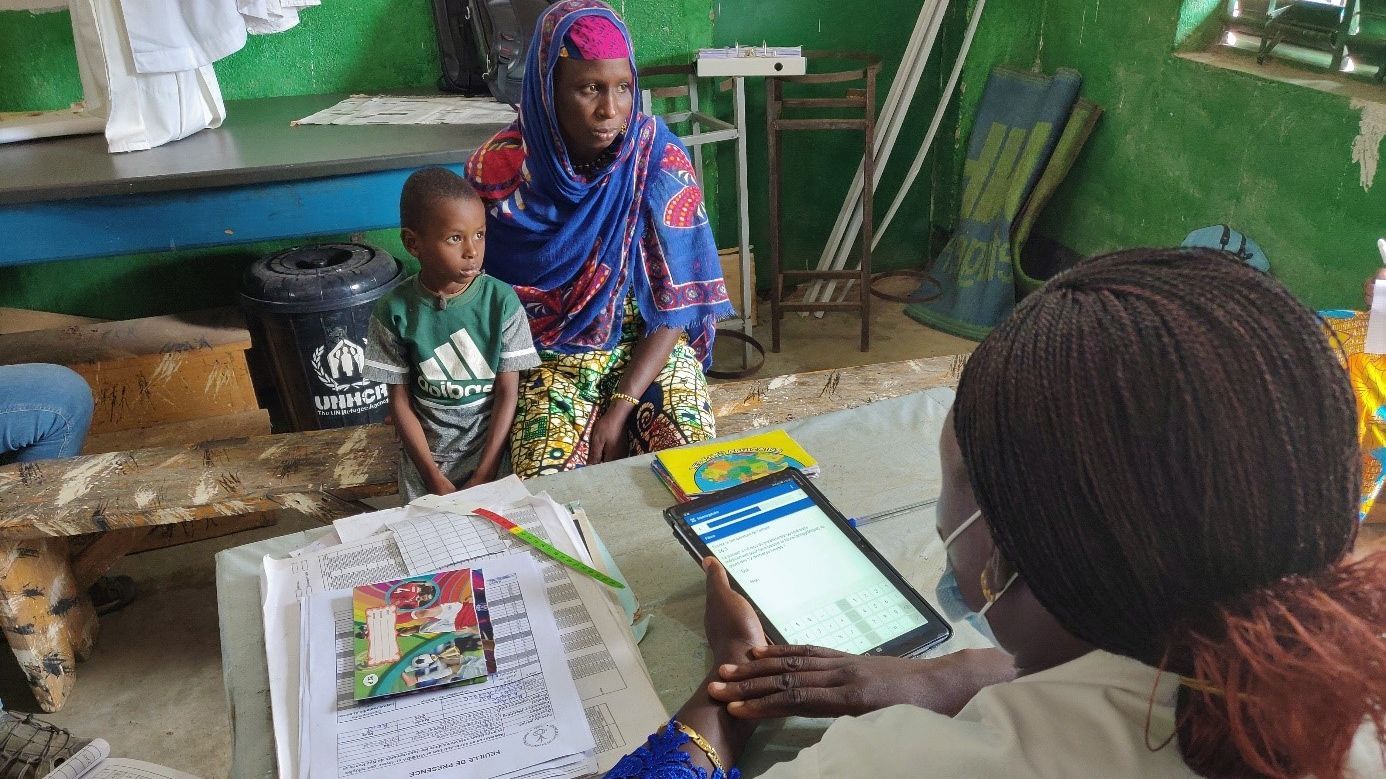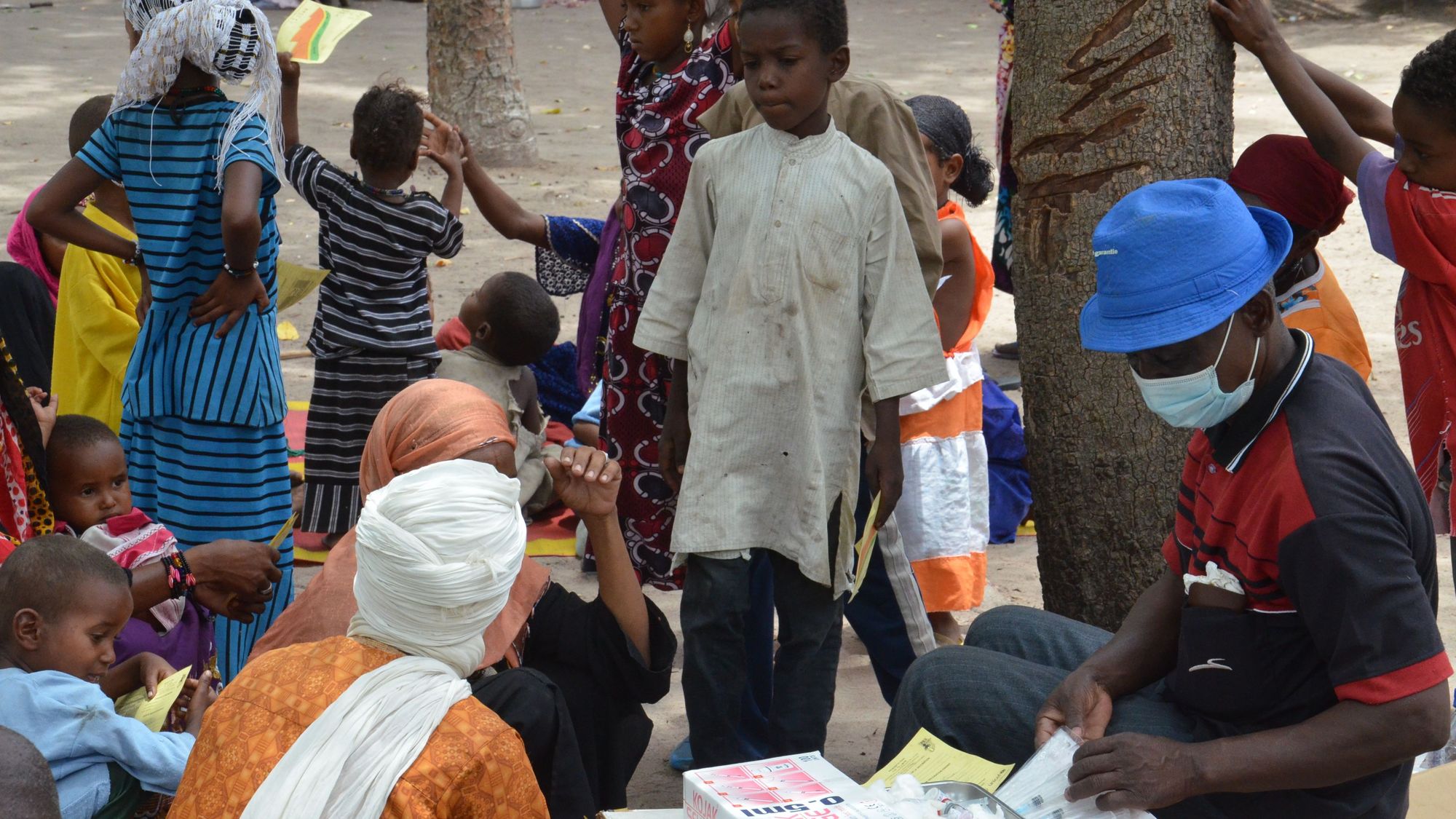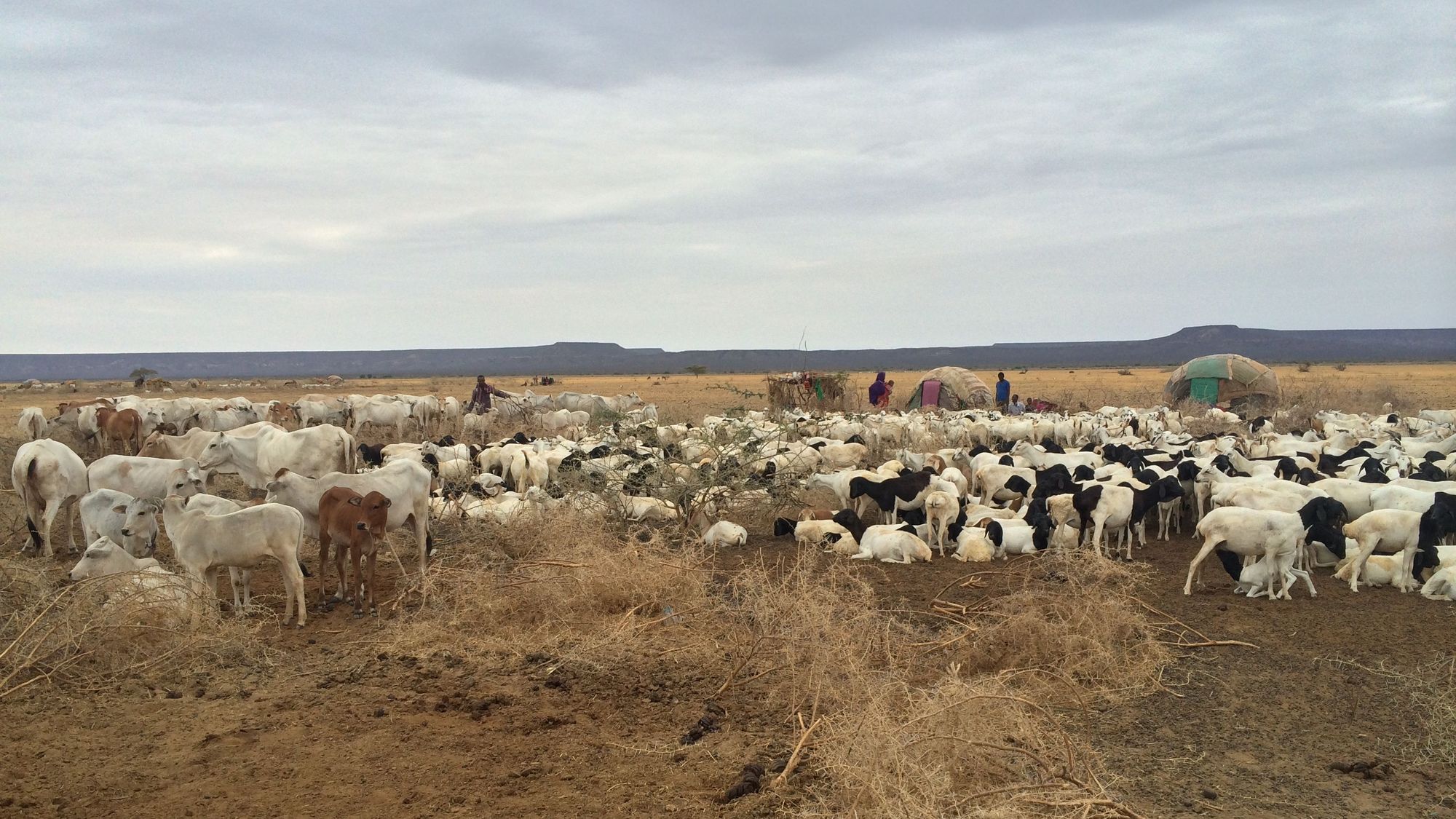

Mobile Populations
Population mobility is a rising phenomenon of globalization that is set to increase exponentially. People move between countries and regions, and from rural to urban areas, in search of better opportunities, to escape disasters and unrest, or because they are displaced. When people move, they often have to trade familiar habitats for ones that are largely unknown, and are often inherently unhealthy and precarious. Refugees, internally displaced people and mobile or migrant populations face major obstacles to access health care that are exacerbated by issues of stigma, language and legal status. These obstacles affect all stages in the migration process – at origin, in transit, at the destination or on eventual return to their home country.
Drawing from inter- and transdisciplinary research, Swiss TPH improves and adapts health services to the needs of mobile populations. Health interventions address mobile communities such as highland to urban labor migrants, people displaced by crisis and living in informal settings as well as mobile pastoralists from countries in the African, Asian and South-American regions.
Key Projects

treatment of patients, including the most
vulnerable.
Digital System for a Better Health Care Management of Refugees
The SysRef project aims to improve the quality of health care for refugees and displaced people in Chad living in refugee camps by empowering healthcare professionals and health managers to provide quality care to refugees, and enhancing the epidemiological control. Measures to improve health care management include the development, validation and implementation of digital tools, e.g. a diagnostic tool that can reliably identify the antibodies of about 30 febrile diseases and can be used outside hospitals. It encompasses different areas of health, including screening for infectious diseases, assessing non-communicable diseases, mental health risk factors, and addressing sexual and reproductive health. Read more

Achieving Universal Health Coverage in Chad
The PADS project aims to reduce maternal and child related morbidity and mortality with a specific focus on rural and nomadic populations. PADS applies a systemic approach including governance, infrastructure, drug supply, health information system strengthening, capacity building and outreach services including health promotion. The programme is also active at national level to inform evidence-based policy making. Read more

Brucellosis Prevention and Control Activities in Ethiopia
As part of a National Brucellosis surveillance program, funded by the Centers for Disease Control (CDC) in collaboration with the Federal Government of Ethiopia, Swiss TPH in partnership with the Armauer Hansen Research Institute (AHRI) has conducted a large scale integrated animal-human sero-surveillance of Brucellosis in Afar and the Somali Region, among predominantly pastoral communities. The data obtained was then used to trial a small scale control strategy for Brucellosis tailored to the pastoral context. In addition, molecular epidemiological studies are currently undertaken to estimate the proportion of abortion in animals and pastoral women attributed to Brucellosis as well as identification of circulating Brucella strains in both animal and humans. Read more
